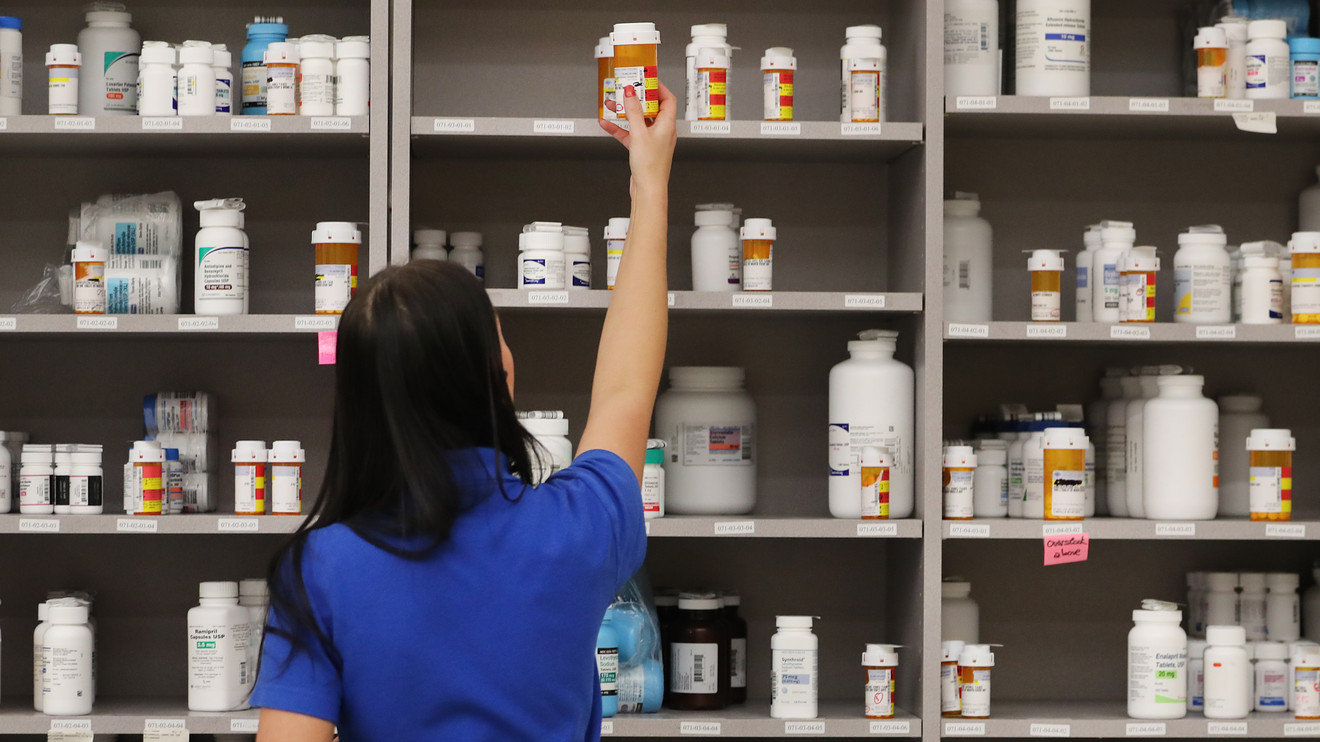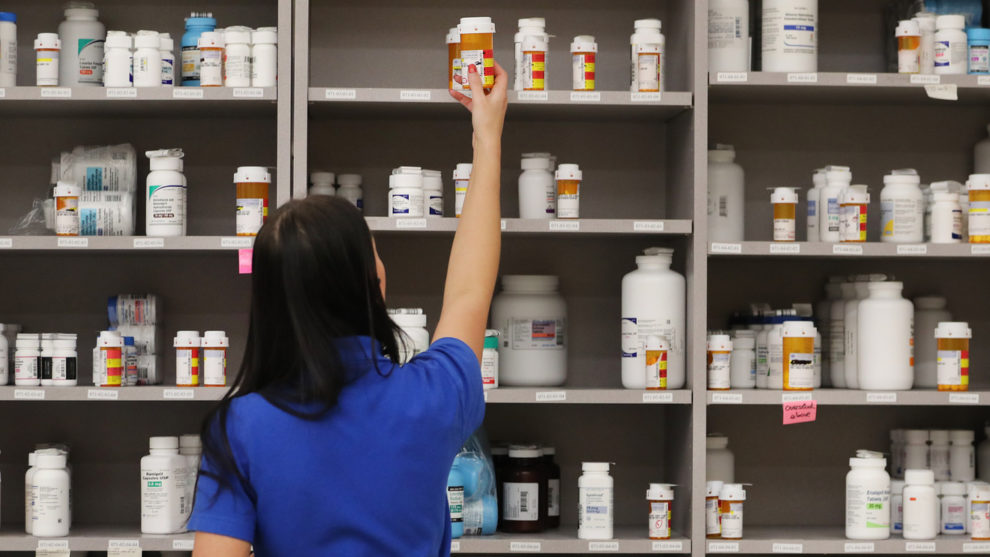
Although relations between President Donald Trump and House Speaker Nancy Pelosi are acrimonious, both sides would like to pass legislation to reduce drug prices. The president’s budget, released earlier this week, sends a strong message that the White House is willing to deal.
But as badly as the president wants a bill to sign, political obstacles stand in the way for both parties.
The proposed 2021 budget is primarily a political statement highlighting President Trump’s priorities for voters. This budget, like its predecessors over past administrations, sets out policy ideas that, for the most part, won’t even be considered in the Democrat-controlled House or Republican-controlled Senate.
That doesn’t mean it is “dead on arrival” regarding drug prices. The president is trying to maximize chances of getting favorable legislation out of Congress, even though the high political stakes of 2020 may make that impossible.
The administration has issued numerous plans to rein in drug pricing over the past two years. The president’s budget mentions none of them. Instead, it calls for “comprehensive drug pricing reform” and includes placeholder savings of $135 billion over the next decade.
The administration wants bipartisan legislation on prescription drugs to land on the president’s desk ahead of the November election. High drug prices is a hot-button issue, and signing a drug pricing bill would likely improve the president’s reelection prospects.
The president has no need to weigh in on the contentious issues that complicate passage of a bill. It will be up to the House and the Senate to work out the details. Any legislation that emerges from both houses and goes to the president will be a bipartisan compromise that he can safely sign and claim as a victory.
Pelosi’s plan would give the Department of Health and Human Services new power to “negotiate” directly with manufacturers, with stiff tax penalties on companies that refuse to agree on a price. That bill passed the House in December with just two Republicans supporting it. Handing so much power over the industry to the federal government is anathema to nearly all Republicans, even though President Trump voiced support for the idea when campaigning in 2016. The Pelosi bill is a non-starter in the Republican Senate.
A more promising starting point for getting a deal is the bipartisan bill sponsored by Senate Finance Committee Chairman Chuck Grassley and Ranking Member Ron Wyden. The Grassley-Wyden plan would cap the amount Medicare beneficiaries pay out of pocket under Part D. Beneficiaries would be liable for no additional costs once they reach a new catastrophic threshold of $3,100 annually, beginning in 2022.
A more controversial provision would require drug manufacturers to pay a rebate to the federal government for pharmaceuticals whose price rises faster than inflation. This requirement would apply to drugs administered in physician offices (under Medicare Part B) in 2021, and to drugs sold at retail pharmacies starting in 2022.
Most Senate Republicans oppose the rebate provisions, even though doing so opens them up to the criticism that they are protecting big drug companies. Senate Majority Leader Mitch McConnell has refused to take up the bill because of strong opposition within his caucus, despite favorable comments and rising pressure from the Trump administration.
Successful legislation depends on Sen. Grassley threading the needle between his Republican colleagues and Democrats.
That task will become more difficult as the presidential election comes into clearer focus. The Democratic nominee, whoever that turns out to be, will want to attack the president for failing to keep his promises on drug prices. Agreement by House and Senate Democrats to a bipartisan bill signed into law by President Trump would undermine the Democratic nominee, which is why such a deal remains highly uncertain.
If no bill emerges from Congress, the Trump administration will be forced to fall back on administrative actions to curb rising prices for drugs. HHS has prepared a plan to tie pricing in Medicare Part B to rates paid for the same products in other high-income countries. In addition, last year the president directed HHS Secretary Alex Azar to move forward on a state-initiated drug re-importation plan, intended to allow large purchases of drugs at the lower prices offered in Canadian pharmacies.
Neither of these plans will deliver the same political benefits to the president as a strong bipartisan bill, in part because they cannot close off the ability of drug companies to evade their pricing restrictions.
Read: At State of the Union, no push for international drug-pricing index
Pelosi and other Democratic leaders have a difficult choice to make in the coming months. They can work with Sen. Grassley and other Republicans to pass a bill they, and the president, can tout in the 2020 campaign. Or they can support their presidential nominee by pushing for the House bill, which is tougher on drug companies but stands no chance of becoming law.
Given that the top priority for most Democrats around the country is success in the presidential election, consumers may need to wait until after the 2020 election for legislation that significantly lowers their drug costs.
More on the proposed budget: Trump’s budget proposal won’t reduce your Social Security check, but it could lower your quality of life and health care
Joseph R. Antos is the Wilson H. Taylor scholar in health care and retirement policy at the American Enterprise Institute. James C. Capretta is a resident fellow at AEI and holds the Milton Friedman Chair.
div > iframe { width: 100% !important; min-width: 300px; max-width: 800px; } ]]>











Add Comment